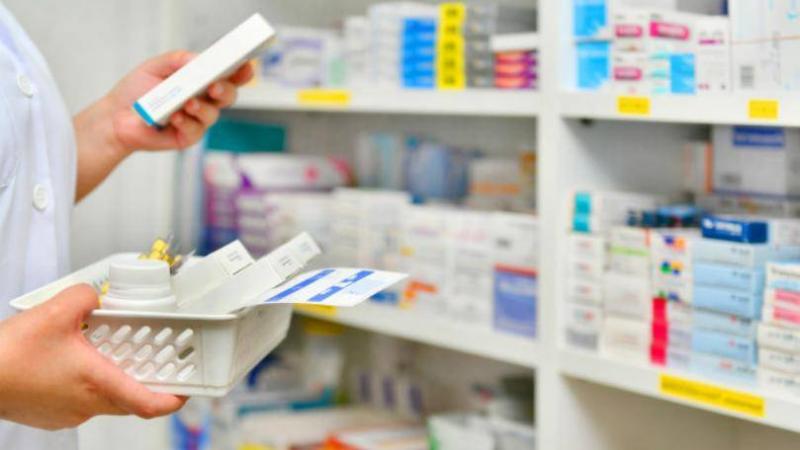The crisis in the medical and health sector is a reflection of the economic and financial collapse that Lebanon has been suffering from since 2019. This issue was brought up by the head of the Lebanese Medical Association, Youssef Bakhach, during his visit to France, where he held an extensive meeting in the French National Assembly. Participants included the French MP for the Middle East and Gulf, Amélie de Montchalin, MP Constance Lagrave, and Stéphane Romani, head of the crisis and support unit at the French Ministry of Foreign Affairs, alongside other French and Lebanese officials.
In an interview with "Akhbar Al-Yawm" agency, Bakhach clarified that the visit addressed four main issues:
- Refurbished Medical Equipment
- Cancer Medications
- Humanitarian Campaigns
- Electronic Prescriptions and the use of French technology in this field.
He announced that the association is preparing for a similar meeting scheduled for November to continue discussions, which will be held at the Lebanese Embassy in Paris. He pointed out the interest within the crisis unit established by French President Emmanuel Macron following the August 4 explosion, aimed at supporting Lebanon, especially with humanitarian and logistical supplies.
In response to a question, Bakhach elaborated that discussions focused on the health situation in Lebanon, medical migration, the economic crises the country is facing, and ways to support it. He noted that the crisis unit is in communication with pharmaceutical companies and manufacturers in France, contributing to Lebanon's needs for medications for chronic diseases, whether through the Ministry of Health or charities.
Bakhach revealed that alongside medicines for chronic diseases, emphasis was placed on supplying Lebanon with cancer medications, stating that while the Ministry of Health in Lebanon is making efforts in this area, it lacks the capacity to provide medications for all patients. Therefore, the Medical Association is working to secure these drugs as a donation from the French side, which has underscored the importance of transparency in distribution.
He further stated that this has brought significant relief as the strategy has become clearer, originating from the Medical Association and the Lebanese Society of Malignant Diseases. The association will conduct a study and evaluation to establish criteria for selecting patients, specifically targeting Lebanese patients who lack the financial means for treatment. This information will be sent to the crisis unit, which will then communicate with the French side to arrange for the medication's delivery to the patient or the treating hospital. The French embassy, crisis unit, and the institutions working with them will undertake this task.
Regarding medical supplies, Bakhach explained that the crisis unit, which previously dealt with medication issues, had not addressed equipment and supplies. However, the Medical Association, aware of the challenges hospitals face due to the economic crisis and financial shortages, has initiated efforts to contribute to this issue. The refurbished medical equipment can come from France or Germany and can be utilized in Lebanon.
As for humanitarian campaigns, he mentioned discussions about the possibility of collaborating with French doctors or physicians in France to visit Lebanon and treat patients, citing an example where pediatric cardiac surgeons might come to conduct surgeries according to a set schedule.




